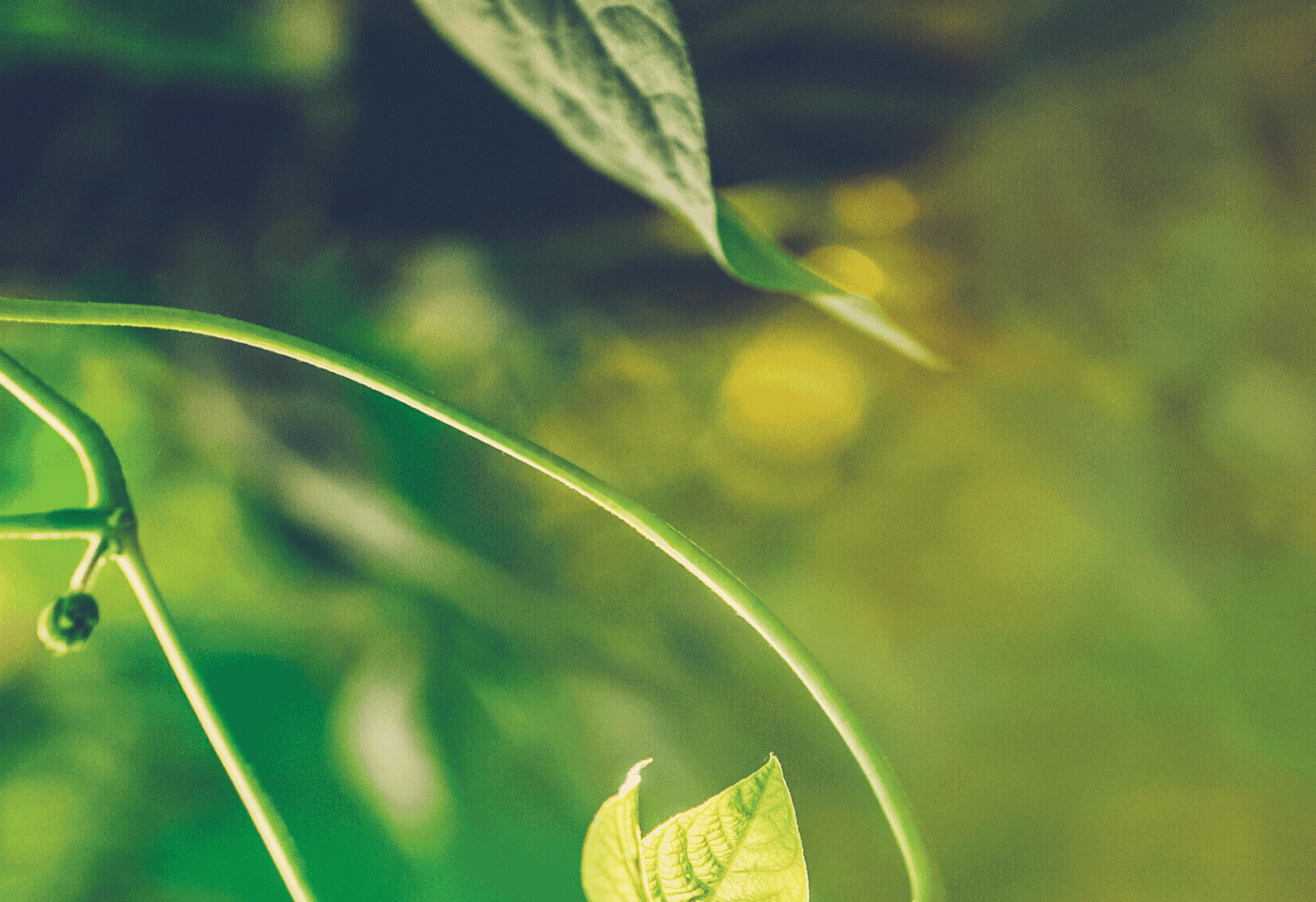
IN THIS EDITION: Canada’s PPE supply chain in China; Michael Kovrig and Michael Spavor go without consular services; and Canadian agriculture’s ties to Chinese markets.
Personal Protective Equipment (PPE)
China-Canada Supply Chain
The federal government has taken significant steps to establish a secure PPE supply chain between China and Canada. The team on the ground in China is made up of diplomats, an undisclosed contractor, Deloitte and Bolloré for logistics, a Shanghai warehouse, and Canadian airlines Air Canada and Cargojet.
The contractor identifies those factories which produce goods up to Canadian standards. Deloitte and Bolloré ensure the materials get to the secure warehouse, and the airlines provide transport directly to Canada. The efforts are meant to circumvent intense competition and pressures in the supply chain with reports of other countries outbidding purchase orders and disappearing shipments.
The Government of Alberta and Alberta Health Services have also secured 80,000 lbs of supplies from China. The flight landed in Edmonton and included masks, gowns, and face shields.
Quality concerns over Chinese materials still continue with Canada receiving some test swabs contaminated with mould. Each item received from China must undergo quality assurance testing through the Public Health Agency of Canada prior to domestic shipment and usage, which increases supply delays.
PPE Diplomacy
As discussed in our COVID-19 deep dive, Canada supplied PPE to China at the beginning of February. Further information has revealed that the materials supplied were due to expire in February and March and there was no predicted impact to Canada’s PPE supplies. There were also only four cases in Canada at the time while China had over 14,000.
China continues to give PPE to other countries, including Canada. There is speculation that this outreach primarily serves Chinese interests and allows the country to maintain its dominance over global medical supply chains.
5G and PPE
As we learned in the previous brief, Huawei has provided PPE supplies to Canada as well as other countries. Canada and France have made it clear that Huawei’s actions will not have any impact on decisions related to the company’s participation in 5G network rollouts in their nations.
Huawei wants to provide parts to Canada’s 5G network project but there are intelligence concerns resulting in the United States, Australia and New Zealand, three of the Five Eyes nations, banning the company from involvement in their 5G projects. The Five Eyes is a network formed through intelligence sharing agreements between Australia, Canada, New Zealand, United Kingdom, and the United States. Canada has not yet made a decision on the extent to which Huawei will be involved in Canada’s 5G network.
Michaels in China
• Michael Kovrig and Michael Spavor, the two Canadians arrested in China (largely seen as retaliation for the arrest of Meng Wanzhou) have not had access to consular services since January.
• Prior to this, the Canadians had monthly consular visits starting in December 2018, when the two were arrested. This may be a breach of the consular agreement between the Canadian and Chinese governments.
• Recent “mask diplomacy” between Canada and China (see section on PPE diplomacy, above) has some questioning whether recent co-operation between the two countries will help free the two Michaels.
Agriculture
• This piece explores how important Chinese food demand is for Canadian agriculture, while acknowledging the significant challenges for Canada in the market.
• The author notes two main challenges:
• Relying on one country as a major market is risky (as past and current problems with Canola show). Dedicating entire production units to China also runs the risk of price control and over production.
• The difficulty of exporting in general – it’s a slow and cumbersome process, which is difficult when fresh food demands a fast turnaround.
• According to The Economist: “often involves 36 documents, 240 copies and up to 27 parties. Even though most of the global trade is conducted by 10 banks, only a quarter of them handle the appropriate documentation electronically.”
• Good news for pea farmers: exports of peas to China are expected to be consistently strong this year. This is partially because the United States still faces a 25 per cent higher tariff than Canada.
Everything else
• Several Conservative MPs, as well as party leadership candidates Peter MacKay and Erin O’Toole, have signed an open letter condemning China’s response to the coronavirus. No MPs from other federal parties have signed the letter.
• The University of Alberta has received nearly $1 million to develop rapid and inexpensive COVID-19 tests. It has partnered with the Wuhan Institute of Virology to do so.
• In the first quarter of 2020 the Chinese economy shrank 6.8 per cent, its largest recorded contraction, and the first contraction since 1976.
• This piece explores the impact that China is having, not just on the World Health Organization, but on the entire United Nations organization.
• The Vancouver housing market has seen some changes recently – purchases from Chinese buyers are down recently. It is too early to tell if this will soften prices overall.
• China has a draft law which rolls the country’s energy laws into one piece of legislation. The draft legislation establishes the country’s policy on renewables and, for the first time, categorizes hydrogen under energy.
– Stephany Laverty and Sarah Pittman, policy analysts
The China Brief is a compilation of stories and links related to China and its relationship with Canada’s West. The opinions expressed in the links are those of the articles’ authors and don’t necessarily reflect the views of the Canada West Foundation and our affiliates.
